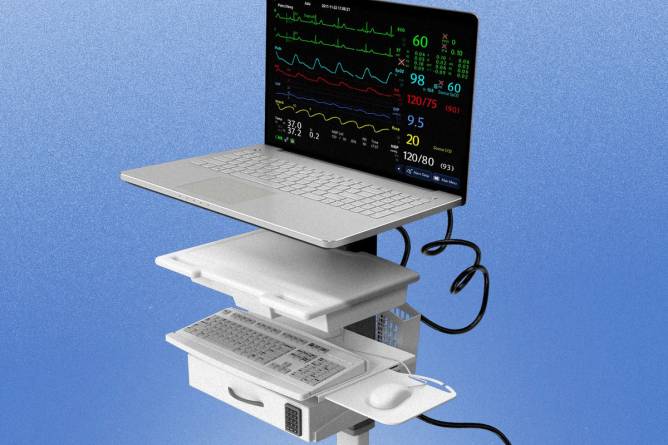The first thing many people will tell you about health insurance is that it’s complicated. Between public and private plans, HMOs, PPOs, and high deductibles, it can be hard to know which plan is right for you. About half (51%) of insured adults report some difficulty understanding at least one aspect of their health insurance, including what insurance covers, out-of-pocket costs, and benefit explanations, according to health policy research organization KFF’s 2023 survey of 3,605 US adults. That’s where brokers come in. Brokers explain health insurance plans to consumers and help them decide which plans work best for them. Patients may have questions about monthly payments, out-of-pocket costs, and in-network providers, for example. “Healthcare is not a one-size-fits-all [thing], so you want to make sure you’re picking the right plan for you based on your personal needs,” Jennifer Chumbley Hogue, owner of KG Health Insurance, told Healthcare Brew. Find more on how brokers and sales agents differ here.—CM | 










